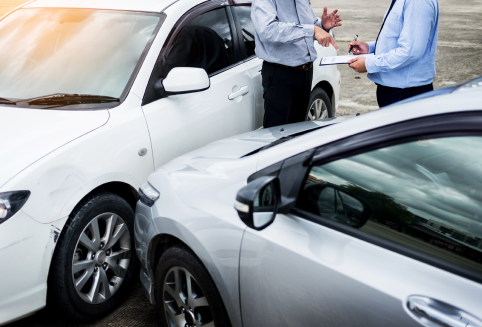If you own and operate a vehicle, you need to know about liability insurance. Most states require drivers to carry some type of liability coverage.
In the event that you’re responsible for an accident that damages someone else’s vehicle or property, this type of insurance can help cover the cost of repairs or medical bills. Without liability insurance, you could be held liable for thousands of dollars in damages, so it’s essential to ensure you have the coverage you need.
Learn everything you need to know about liability insurance, including the two types available and why you should purchase it even if it’s optional in your state.
What Is liability insurance?
Liability insurance includes bodily injury liability coverage and property damage liability coverage. If you cause an accident, liability insurance provides financial protection by helping you cover the costs of damages to the other person or their vehicle. Most states require drivers to carry both types of coverage for optimal protection.
What does liability insurance cover?
If you are the cause of an accident with another vehicle, liability insurance coverage can help you financially. Rather than having to pay out of pocket for the other person’s car damages, your insurance helps you pay. Additionally, liability insurance can help cover the cost of the other person’s medical bills, saving you thousands of dollars in some cases. The amount that your liability insurance covers depends on your policy, including your deductible, which you must pay before your insurance kicks in.


